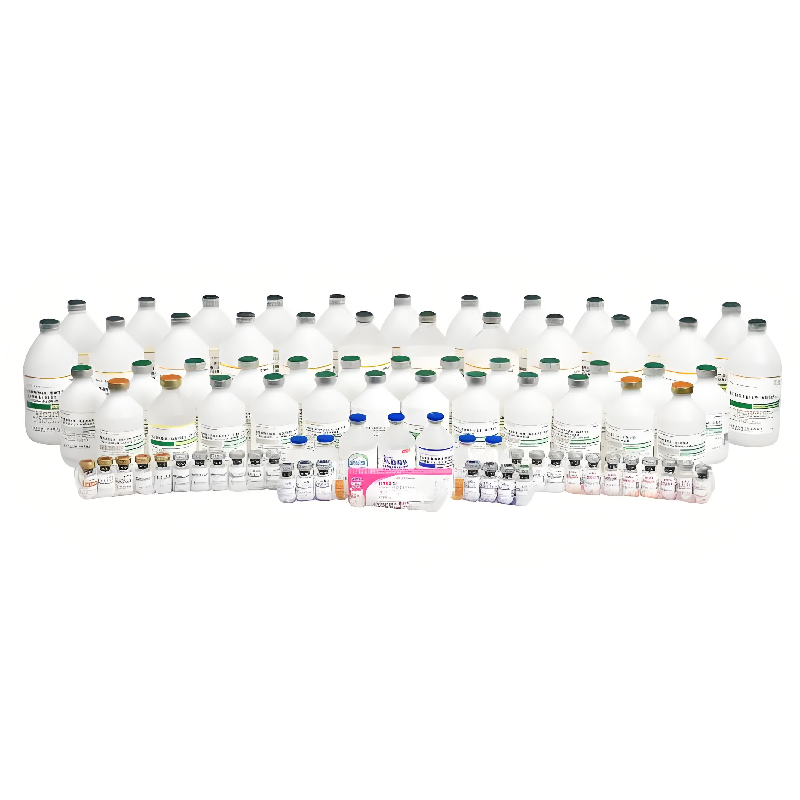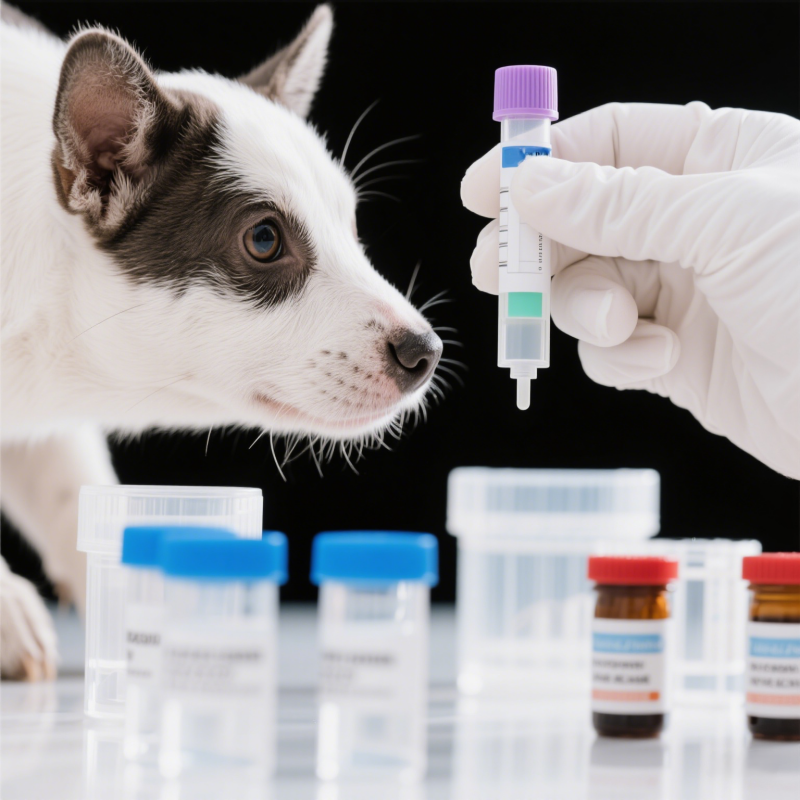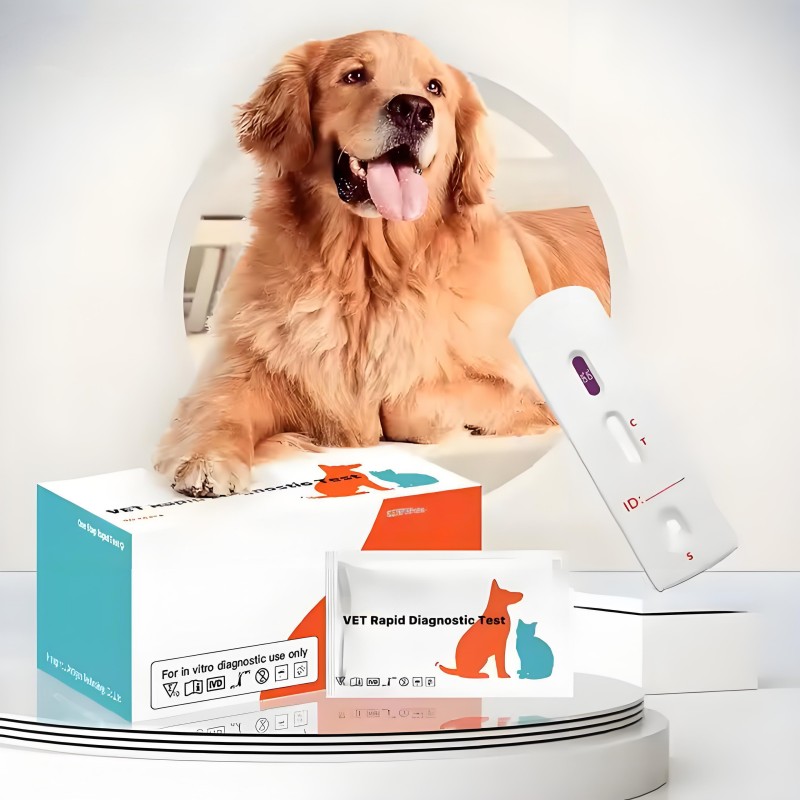
Animal Vaccine
| Animal Category | Product Name | Product Description |
 Companion Animals (Dogs and Cats) |
Canine 6 - in - 1 Vaccine | Protects against six common and highly harmful infectious diseases in dogs, including canine distemper, canine parvovirus disease, canine infectious hepatitis, canine parainfluenza, canine adenovirus type 2, and canine leptospirosis. Puppies usually start the first vaccination at 6 - 8 weeks of age, then receive vaccinations every 3 - 4 weeks for a total of 3 times. Adult dogs need an annual booster vaccination. |
| Feline 3 - in - 1 Vaccine | Primarily used to prevent feline panleukopenia (feline distemper), feline rhinotracheitis, and feline calicivirus disease. Kittens usually start their first immunization at around 8 weeks of age, then receive vaccinations every 3 - 4 weeks for a total of 2 - 3 times. Adult cats need an annual vaccination. | |
| Rabies Inactivated Vaccine | Prevents rabies, a fatal disease caused by the rabies virus. It is mainly transmitted through saliva and is almost 100% fatal once symptoms appear. Dogs and cats can usually be vaccinated at 3 months of age or older, followed by an annual booster vaccination. | |
| Rabies mRNA Vaccine LVRNA001 | A new mRNA rabies vaccine encoding the G protein of RABV. It has shown safety and effectiveness in dogs, rodents, and rhesus monkeys, providing complete protection to animals before and after infection. No significant vaccine - related adverse effects were found in chronic toxicity and reproductive toxicity studies. In dog efficacy studies, its immune effect is comparable to that of inactivated vaccines, and in mouse models, its immune effect even exceeds that of inactivated vaccines. | |
 Small Rodents and Mammals |
Rabies Vaccine (Applicable to Some Rodents) | Some rodents may be exposed to the rabies virus and can be vaccinated to prevent it. However, when rodents are kept as pets, the risk of being bitten by other animals is relatively low, so vaccination is not common. |
| Pasteurella Vaccine (For Some Hamster Breeds) | Small mammalian pets like hamsters may be infected with Pasteurella, which can cause respiratory, digestive, and other diseases. This vaccine can help prevent such infections. | |
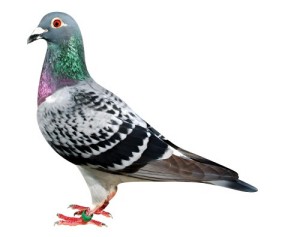 Birds |
Newcastle Disease Vaccine for Chickens | Prevents Newcastle disease in chickens, a highly contagious and lethal disease. It also has a certain preventive effect against similar viral infections in some other birds. Generally, chicks receive their first vaccination at 7 - 10 days of age, a second vaccination at 28 - 35 days of age, and adult chickens need a booster vaccination every 3 - 6 months. |
| Avian Influenza Vaccine (Applicable to Some Waterfowl) | Used to prevent avian influenza. Waterfowl such as ducks and geese are prone to being infected with the avian influenza virus. The vaccination schedule varies depending on different breeds and farming environments. Generally, young birds need multiple basic immunizations, and adult birds require regular booster vaccinations. | |
| Pigeon Pox Vaccine | Prevents pigeon pox, which mainly occurs in pigeons and spreads quickly among pigeon flocks through mosquito bites and other means. Young pigeons usually receive their first vaccination at 1 - 2 weeks of age and a second vaccination at 4 - 6 weeks of age. | |
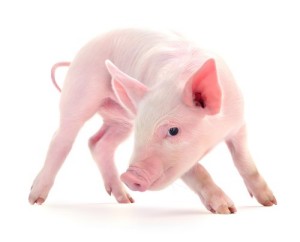 Livestock (Large Animals) |
Foot - and - Mouth Disease Vaccine | Prevents foot - and - mouth disease in cloven - hoofed animals such as cattle, sheep, and pigs. It is an acute, febrile, and highly contagious disease that spreads rapidly and causes great harm. The vaccination schedule varies according to the animal species and growth stage. Generally, young livestock need multiple basic immunizations, and adult livestock require regular booster vaccinations. |
| Classical Swine Fever Vaccine | Prevents classical swine fever, a highly contagious and lethal disease in pigs. Piglets usually receive their first vaccination at 20 - 30 days of age, a second vaccination at 60 - 70 days of age, and adult pigs are immunized 1 - 2 times a year. | |
| Bovine Brucellosis Vaccine | Prevents bovine brucellosis, a zoonotic infectious disease. Cattle infected with it may experience symptoms such as miscarriage and infertility. The vaccination method and timing vary according to different vaccine types and farming regions. | |
| Sheep Pox Vaccine | Prevents sheep pox, which is mainly transmitted through contact and has a significant impact on the growth, development, and farming benefits of sheep. Lambs usually receive their first vaccination at 1 - 2 months of age, and adult sheep need an annual vaccination. | |
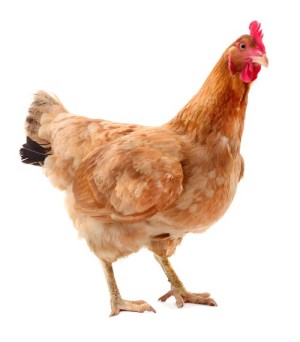 Poultry |
Avian Influenza Vaccine | Prevents avian influenza in poultry. The avian influenza virus spreads easily among poultry and may mutate, causing great harm to the poultry farming industry. The vaccination schedule varies according to different virus strains and poultry breeds. Generally, young poultry need multiple basic immunizations, and adult poultry require regular booster vaccinations. |
| Infectious Bursal Disease Vaccine for Chickens | Prevents infectious bursal disease in chickens, mainly affecting the bursa of Fabricius in chicks and young chickens and leading to immunosuppression. Chicks usually receive their first vaccination at 10 - 14 days of age, a second vaccination at 21 - 28 days of age. | |
| Duck Plague Vaccine | Prevents duck plague, a highly lethal disease in ducks. Ducklings usually receive their first vaccination at around 20 days of age, and adult ducks need a booster vaccination every 3 - 6 months. | |
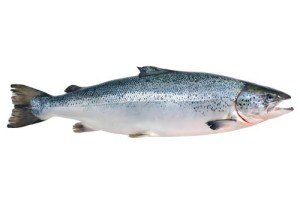 Aquatic Animals |
Grass Carp Hemorrhage Disease Vaccine | Prevents grass carp hemorrhage disease, mainly infecting grass carp, especially fingerlings of the current year and one - year - old fish. The incidence and mortality rates are high. Generally, vaccination is carried out by methods such as immersion, injection, or oral administration, and the vaccination dose and timing are adjusted according to the size of the fish and the farming environment. |
| Bacterial Septicemia Vaccine (For Multiple Freshwater Fish Species) | Prevents bacterial septicemia in freshwater fish caused by bacteria such as Aeromonas hydrophila. Many freshwater fish species such as crucian carp, common carp, and silver carp are susceptible to infection. The vaccination methods and timing vary for different fish species, and immunization is often carried out before fish stocking. | |
 Mink |
Mink Aleutian Disease Vaccine | Prevents mink Aleutian disease, a chronic wasting and immune complex disease that seriously affects the growth, reproduction, and fur quality of minks. Young minks usually receive their first vaccination 2 - 3 weeks after being weaned, and adult minks need an annual vaccination. |
| Mink Enteritis Vaccine | Prevents mink enteritis, mainly caused by parvovirus. It is very harmful to young minks and can cause severe diarrhea, dehydration, and even death. Young minks usually receive their first vaccination at 4 - 6 weeks of age, a second vaccination at 8 - 10 weeks of age, and adult minks need an annual vaccination. |
Write your message here and send it to us
